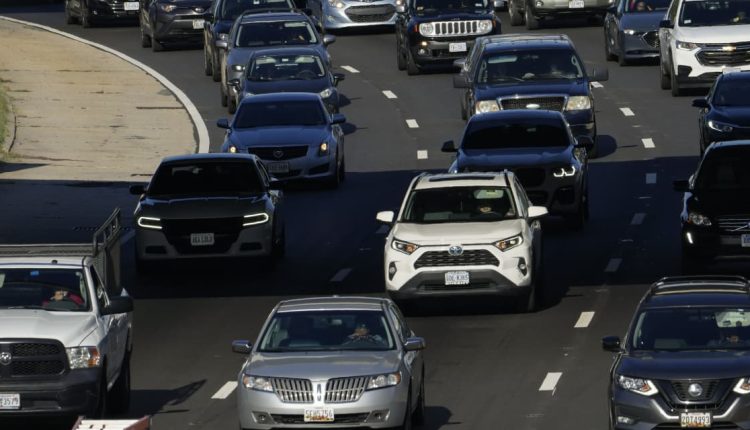There is little relief for car buyers amid rising rates and high prices. The percentage of people paying more than $1,000 a month for their vehicles hit another record in the third quarter. There are a couple of ways people are managing to navigate the turmoil.
Recently, automotive data provider Edmunds published its quarterly vehicle finance statistics. It isn’t great news. A record 17.5% of buyers purchasing a new car in the third quarter are paying more than $1,000 a month for their vehicle. Three years ago, a $1,000 car payment was rare. Less than 7% of new car buyers were willing to spend that much.
Buyers have had little choice but to pay more. Three years ago, the average interest rate for financing a new car was about 4.6%, according to Edmunds. Now it’s about 7.4%. Three years ago, the average transaction price for a new car was about $39,000. Now it’s about $48,000.
Those numbers imply monthly car payments should be up about 37% over that span. They are up less than 30%.
It isn’t a major difference, but it highlights how car buyers have chosen to manage monthly payments. The amount put down on a new car has almost doubled, from just over $4,000 to just under $8,000. The extra $4000 has knocked, very roughly, $60 a month off an average monthly payment.
More money down means buyers today are financing about 83% of a new car’s value compared with about 89% three years ago.
Buyers haven’t yet pulled the lever of longer loan lengths. The average new car loan term is 68.3 months. Three years ago it was 70 months. Paying back faster means higher monthly payments. The 1.7-month shift added roughly $20 a month to car payments.
One implication for investors from all the auto finance data is that cars are expensive. Everyone already knows that. Another is car payments are taking up more of people’s average earnings. Payments are up almost 30% over the past three years while wages are up about 15%.
Something has to give eventually. Car prices can come down. So can interest rates. Wages, hopefully, will rise. Falling car prices aren’t great for auto stocks. Falling interest rates and rising wages are.
Investors can also watch to see if loan lengths start to rise. That could be a sign the U.S. consumer is stressed out and stress can impact any number of consumer discretionary stocks from
Tesla
(TSLA) to
Amazon.com
(AMZN).
So far, the stress isn’t showing even if some of the data are alarming. Consumer spending is running at a rate of about $18.7 trillion a year, a record and up 28% compared with three years ago.
Write to Al Root at [email protected]
Read the full article here

